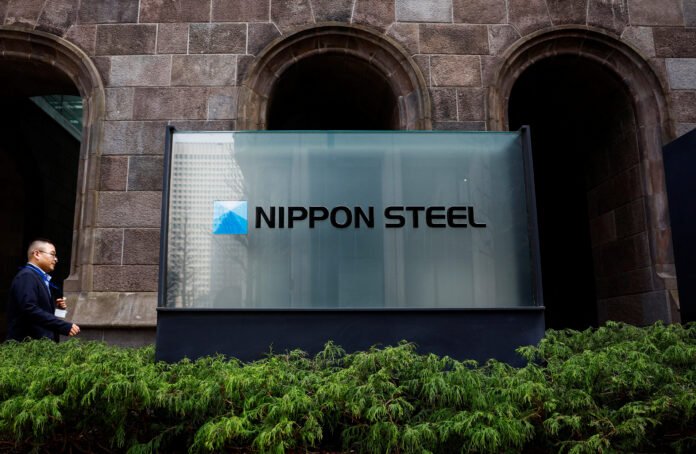Trump approves Nippon Steel deal, removing a key obstacle in the $14.9 billion acquisition of U.S. Steel. This decision follows an 18-month pursuit by Japan’s top steelmaker to enter the U.S. market more aggressively.
On Friday, Donald Trump signed an executive order allowing the merger to proceed. This approval came after a national security agreement was reached with the U.S. Treasury Department. That agreement includes strict commitments on governance, trade, and production standards.
By Monday, shares of Nippon Steel jumped 3%, reaching 2,915 yen before the mid-day trading break. Investors reacted positively, as this move ends long-standing uncertainty surrounding the high-profile deal. Tokyo’s Nikkei 225 index rose only 1%, showing how strongly Nippon Steel outperformed the broader market.
Nippon Steel confirmed it would fully acquire all of U.S. Steel’s ordinary shares. Additionally, the company committed to investing $11 billion into U.S. operations by 2028. This investment signals a long-term strategy focused on expanding high-end steel production within the United States.
Trump also approves Nippon Steel deal, and industry analysts see it as essential for the company’s global ambitions. Nippon Steel’s annual capacity will rise from 63 million to 86 million metric tons. With U.S. demand for steel expected to grow, the deal offers timely benefits.
Shinichiro Ozaki of Daiwa Securities praised the agreement’s balance between scale and timing. He also noted that investor concerns about uncertainty have finally eased.
However, not all concerns have vanished. Some investors remain cautious about the short-term financial strain due to large capital commitments. Furthermore, the U.S. government’s “golden share” raises questions about its influence on management decisions.
Still, experts believe the risk of a capital increase is limited. Trump previously said the company plans to invest $14 billion in 14 months, reinforcing growth expectations.
Trump approves Nippon Steel deal, which could reshape the U.S. steel industry and increase competition. With trade tensions in the background, this deal represents a major strategic shift.
For more business updates, visit DC Brief.


